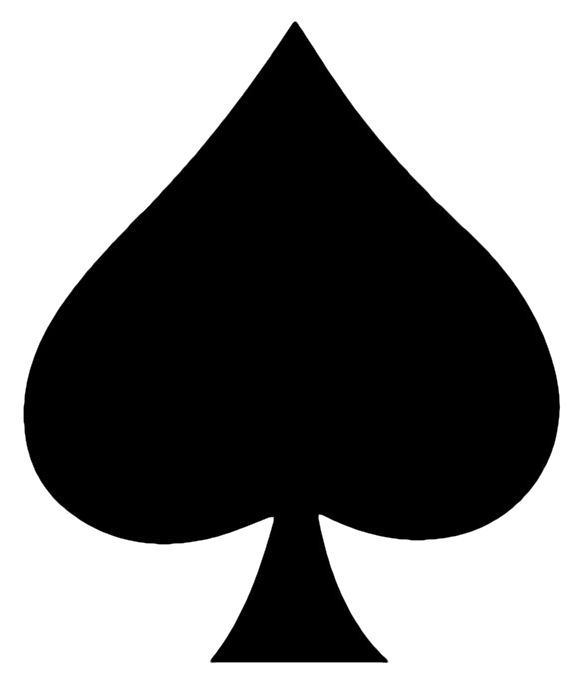8


An aggressive man in the pub squares up to you after you nudge his arm. At what point, if at all, do you say you are an off-duty police officer?
Case Studies
- What if you have been drinking? Is your judgement likely to be affected and what does this mean if the situation escalates?
- Would it have appeared to those present that the nudge was accidental or deliberate? Does this change the way you would respond?
- What if it is your colleague who nudges the aggressive person and you know they are often confrontational at work when sober?
- Do you respond differently if they are male or female?
Discussion
It is imperative to remember that as a police officer you have responsibilities even if off-duty. This does not apply to all police staff members, however.
- Do you use your policing skills to diffuse the situation without disclosing that you are an officer? What happens if something goes wrong and you later have to disclose this information – is it better to say it up front or might this escalate rather than calm the situation?
- Is it a professional judgement call? If a crime has not yet been committed, are you better leaving the situation or remaining in the background and only stepping in to ensure that the situation doesn’t get out of hand?
However, it is 100% a judgement call in the moment whether to declare yourself as a police officer. You need to be considering how to safely de-escalate a conflict. The advice is to diffuse the situation. Having responsibility off-duty does not dictate the level of action taken. If you are intoxicated the responsible thing may be to call 999, film the incident if safe, and be a witness. It depends heavily on the circumstances. In other circumstances, the responsibility to save life may mean you need to intervene.




